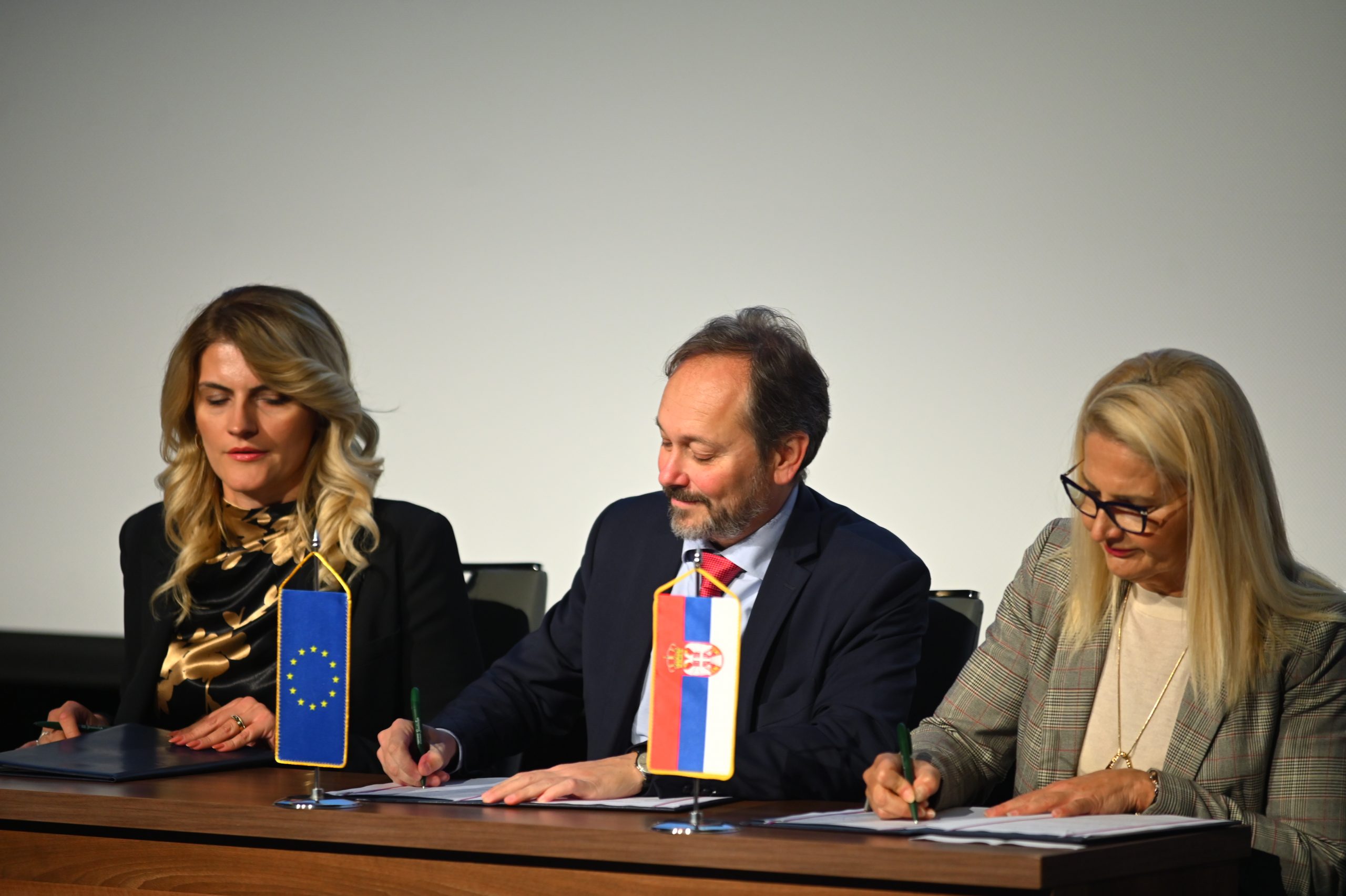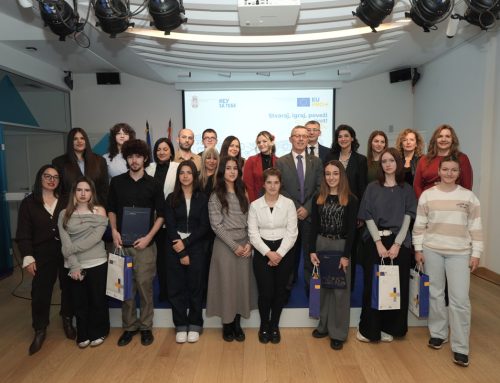Projects that increase employment opportunities and social rights, improve the quality of health and social institutions, as well as those that promote tourism, protection of cultural heritage and nature will be the focus of the new Cross Border Cooperation programme between Serbia and Montenegro. The programme is financially supported by the European Union.
On behalf of the EU, the new programme was signed by EU Ambassador to Serbia Emanuele Giaufret, on behalf of Serbia by the Minister for European Integration, Tanja Miščević, while on behalf of Montenegro, the State Secretary in the Ministry of European Affairs of Montenegro, Milena Žižić.
“Firstly, we are signing a new Cross Border Cooperation Programme between Serbia and Montenegro, amounting to EUR 8.4 million of EU funds”, said Ambassador Giaufret.
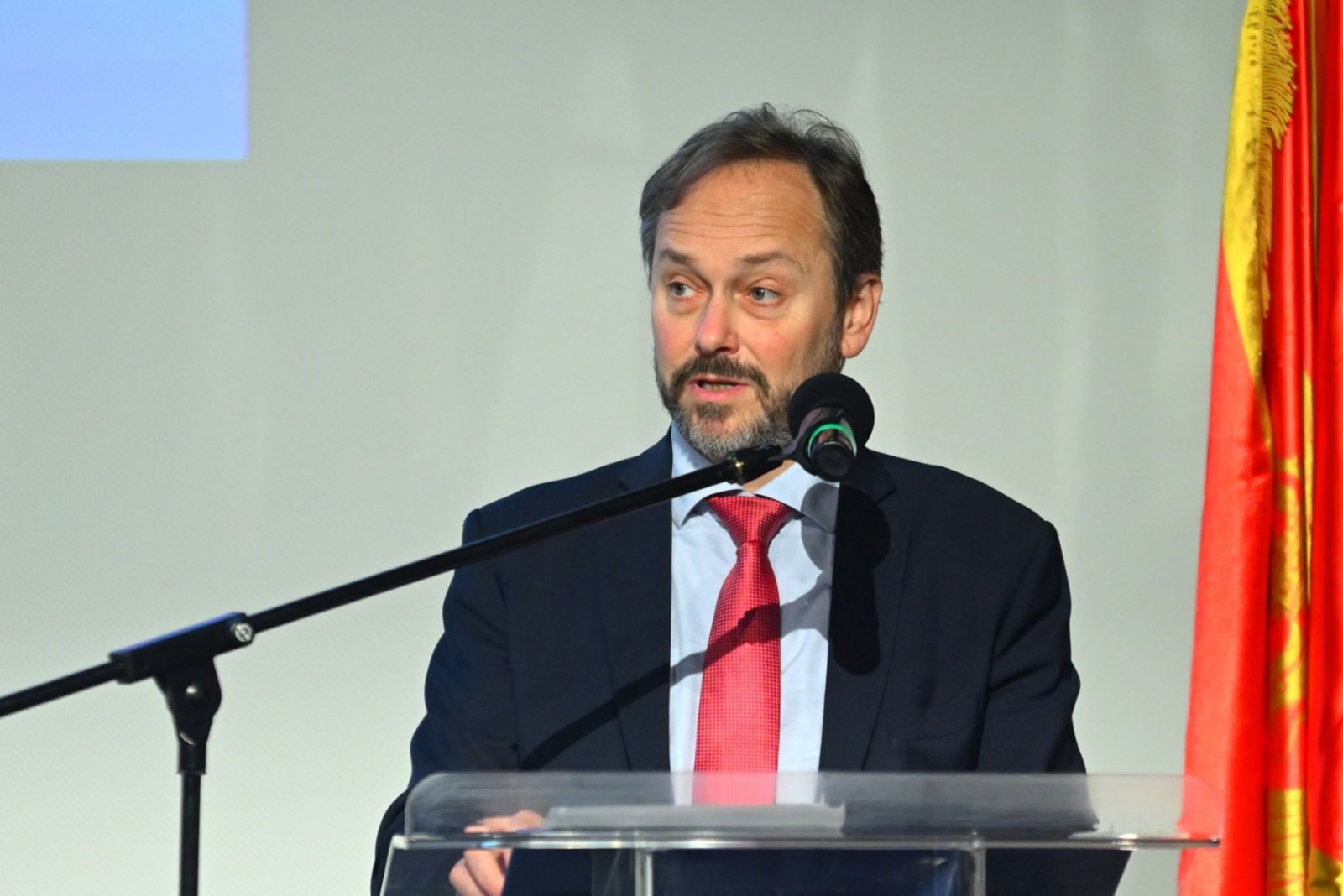
„In recent years, the European Union has recognised the importance of cross border cooperation in addressing crucial issues like public health, employment, and preserving our rich cultural heritage. These programmes serve as a beacon of hope and progress in these regions, fostering unity and progress“, the EU Ambassador said.
He stated that past examples of cross border projects show the power of cooperation in solving common challenges and using opportunities for growth and development.
„Through investments in public health, employment, and cultural heritage, these programmes are forging stronger bonds among neighbouring nations. They serve as a testament to the EU’s commitment to a united, prosperous, and peaceful Europe“, said Ambassador Giaufret.
Church in Jablanica renovated through the Cross Border Cooperation Programme between Serbia and Montenegro
The church in Jablanica was restored through the Cross Border Cooperation programme between Serbia and Montenegro
The Minister for European Integration, Tanja Miščević, says that it is very important to continue cross border cooperation projects, colloquially called “small IPA”.
“Because it is a matter of much smaller funds, but of immeasurably great influence. These projects that Serbia has with its neighbours have so far benefited hundreds of thousands of citizens of the Republic of Serbia, including the same number of people on the other side of the border. Together, we can do much better and more efficiently than closing ourselves in national borders and not seeing that if we transfer the waste over the fence, it will come back to us in some way”, said Minister Miščević.
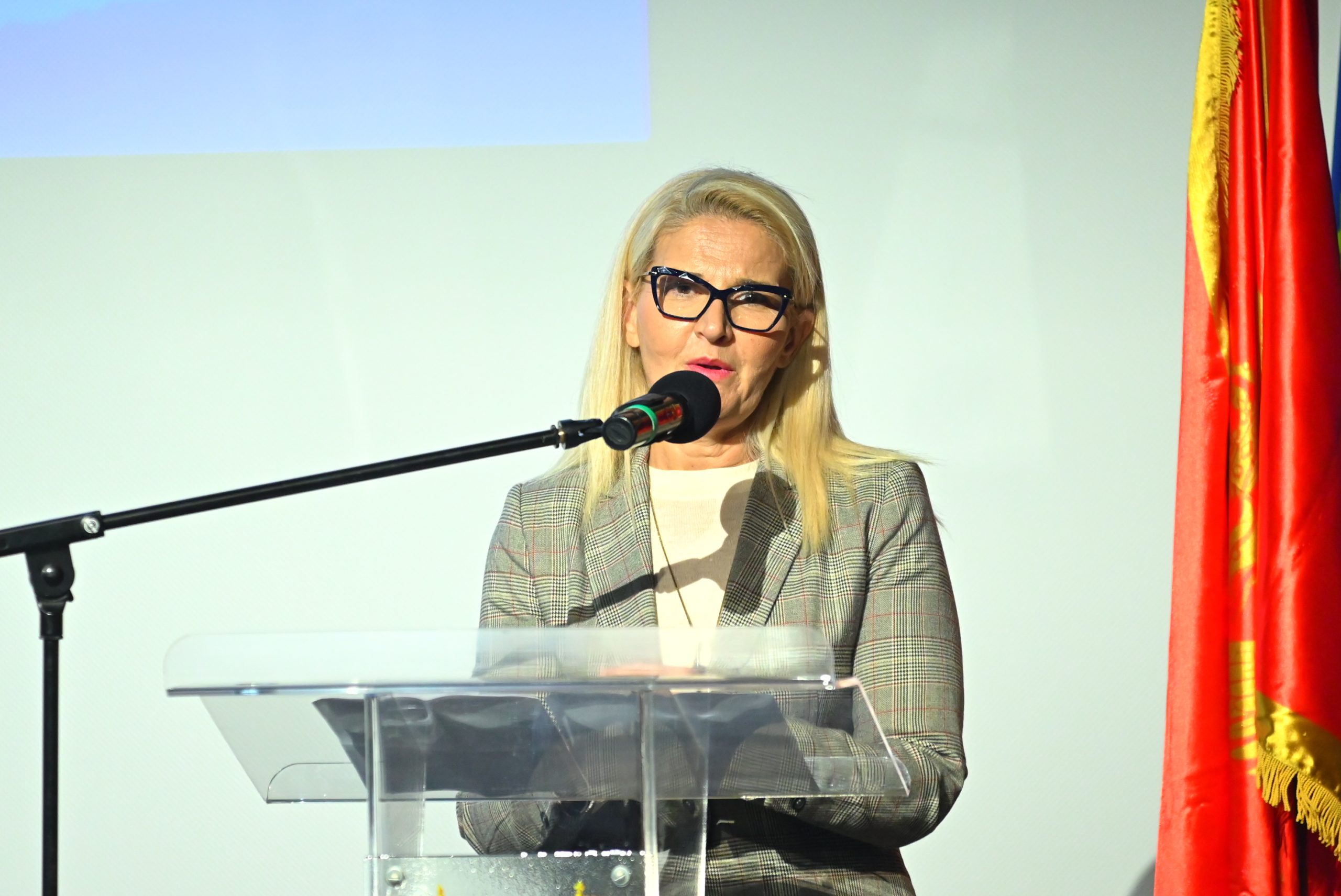
She added that it is in everyone’s interest for the projects to be effective.
State Secretary in the Ministry of European Affairs, Milena Žižić, reminded that Cross Border Cooperation between Serbia and Montenegro dates back to 2008 and that so far, through six public calls, 62 projects worth more than 13 million euros have been contracted in the fields of culture, health, and economic cooperation. , social inclusion and employment, environmental protection, adaptation to climate change and development of tourism potential.
“Programme of cross border cooperation for the period from 2014 to 2020 contributes to the economic, social and territorial development of the area by encouraging integration, joint development and the use of potential and opportunities in order to make this region attractive for life and work,” says Minister Žižić.
These funds, she added, are aimed at improving the quality of life of people in the municipalities in the north of Montenegro, as well as in the Ras, Zlatibor and Moravica districts in Serbia.
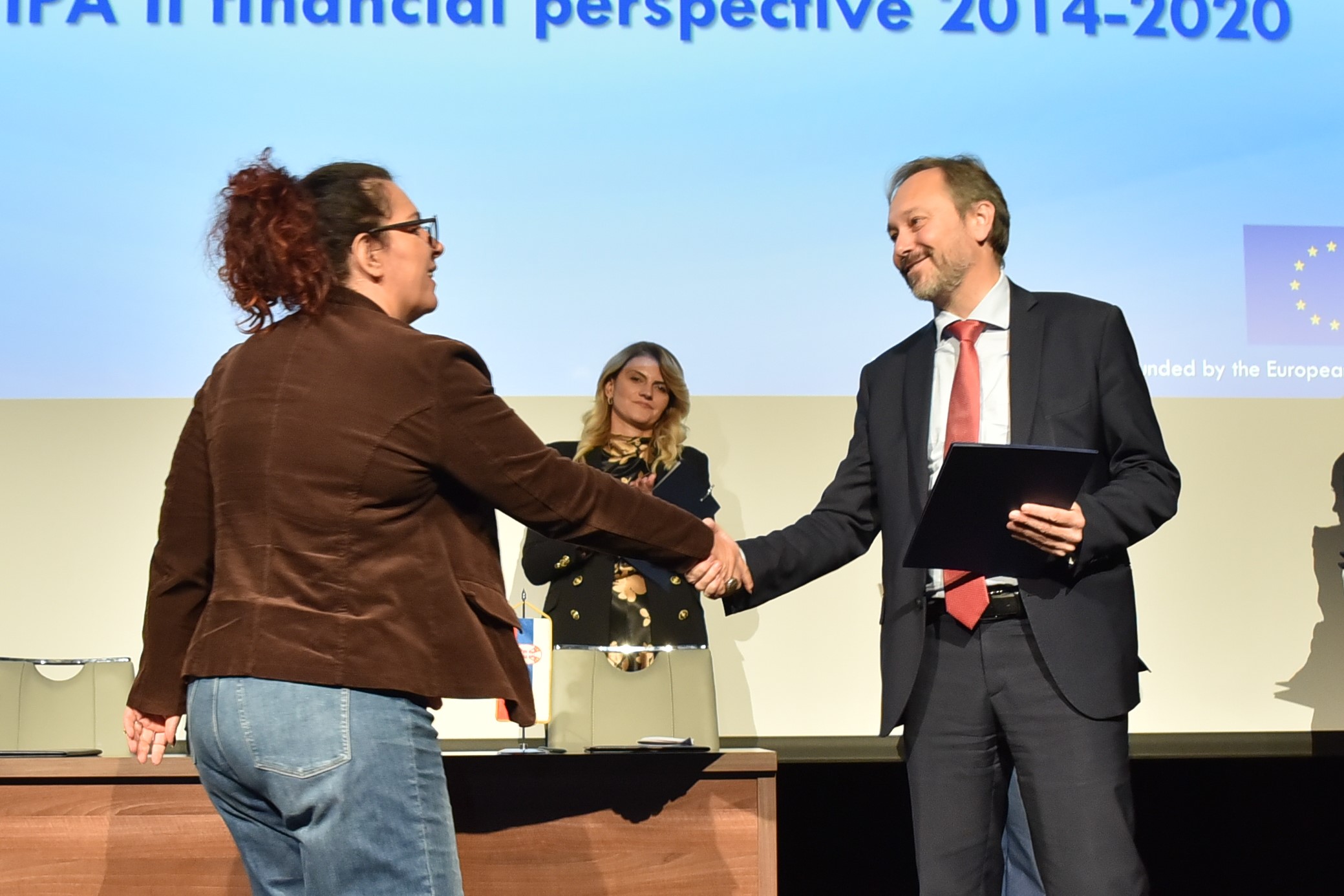
After the signing, 23 contracts were handed over for cooperation projects between Serbia and Montenegro and Bosnia and Herzegovina, which were approved during the previous cross border agreement IPA II (2014-2020).
Publication of the Ministry for European Integration (Serbian)
Cross Border Cooperation is based on needs. That is why the priorities of this instrument are based on clear assessments. Its key elements are the accession or European partnerships established by the EU with beneficiary countries, the Commission’s strategic document for enlargement and annual reports for each of the countries.
Through cross border cooperation, various forms of assistance can be provided to countries implementing political and economic reforms on their way to EU membership: investments, procurement contracts or subsidies; assistance of experts from member states for the development of administrative cooperation; activities to support beneficiary countries; assistance for the implementation and management of programmes; in exceptional cases, budget support.
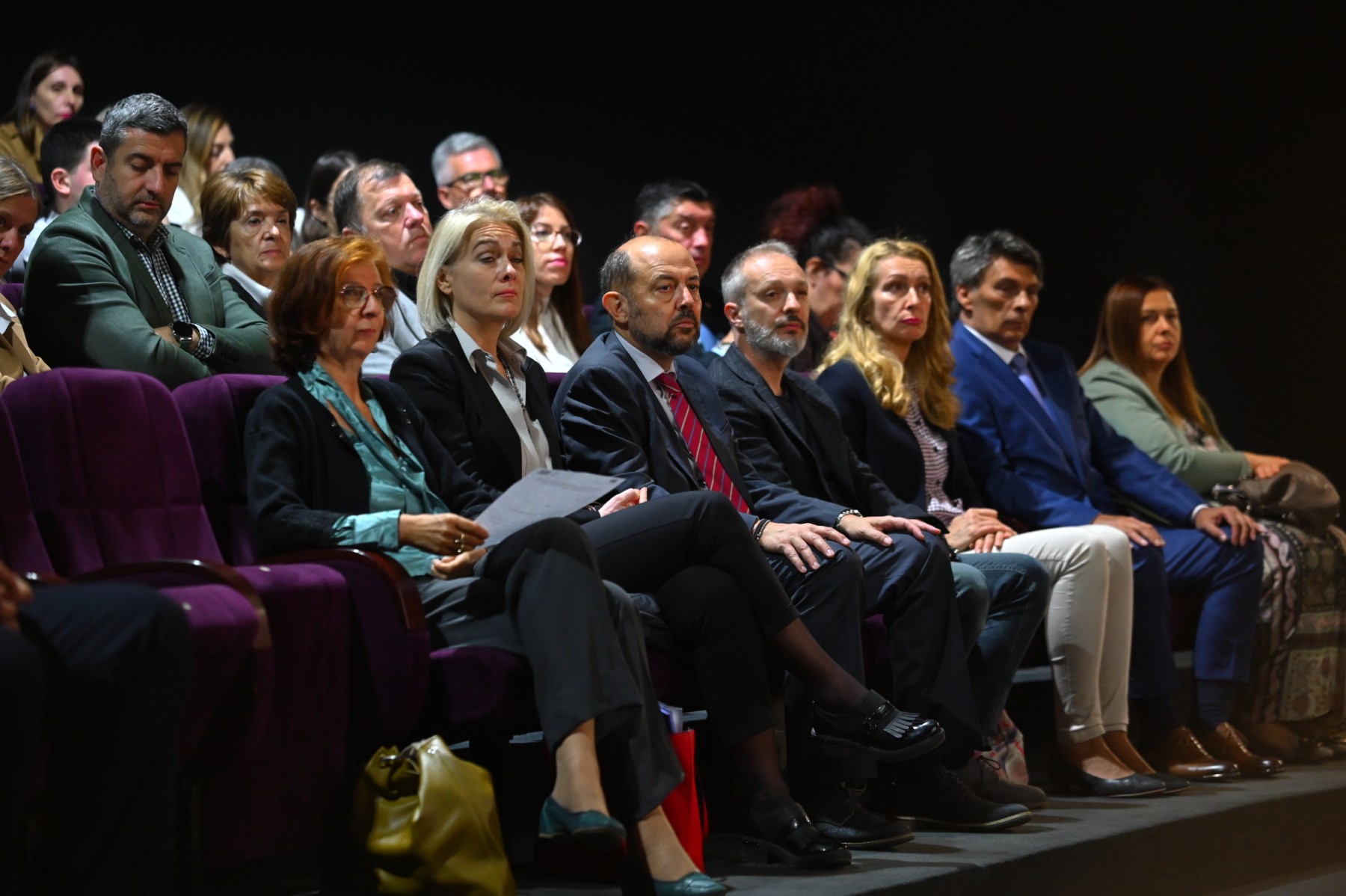
Cross border cooperation offers the European Union a coherent framework for governance and gradual decentralisation or devolution of governance to beneficiary countries. In addition, it allows for flexibility in the application of aid. The IPA establishes a strong link between the budgetary and strategic aspects of enlargement. It makes it clear to the beneficiary countries what they can expect in terms of aid, provided they meet the conditions for receiving it.

